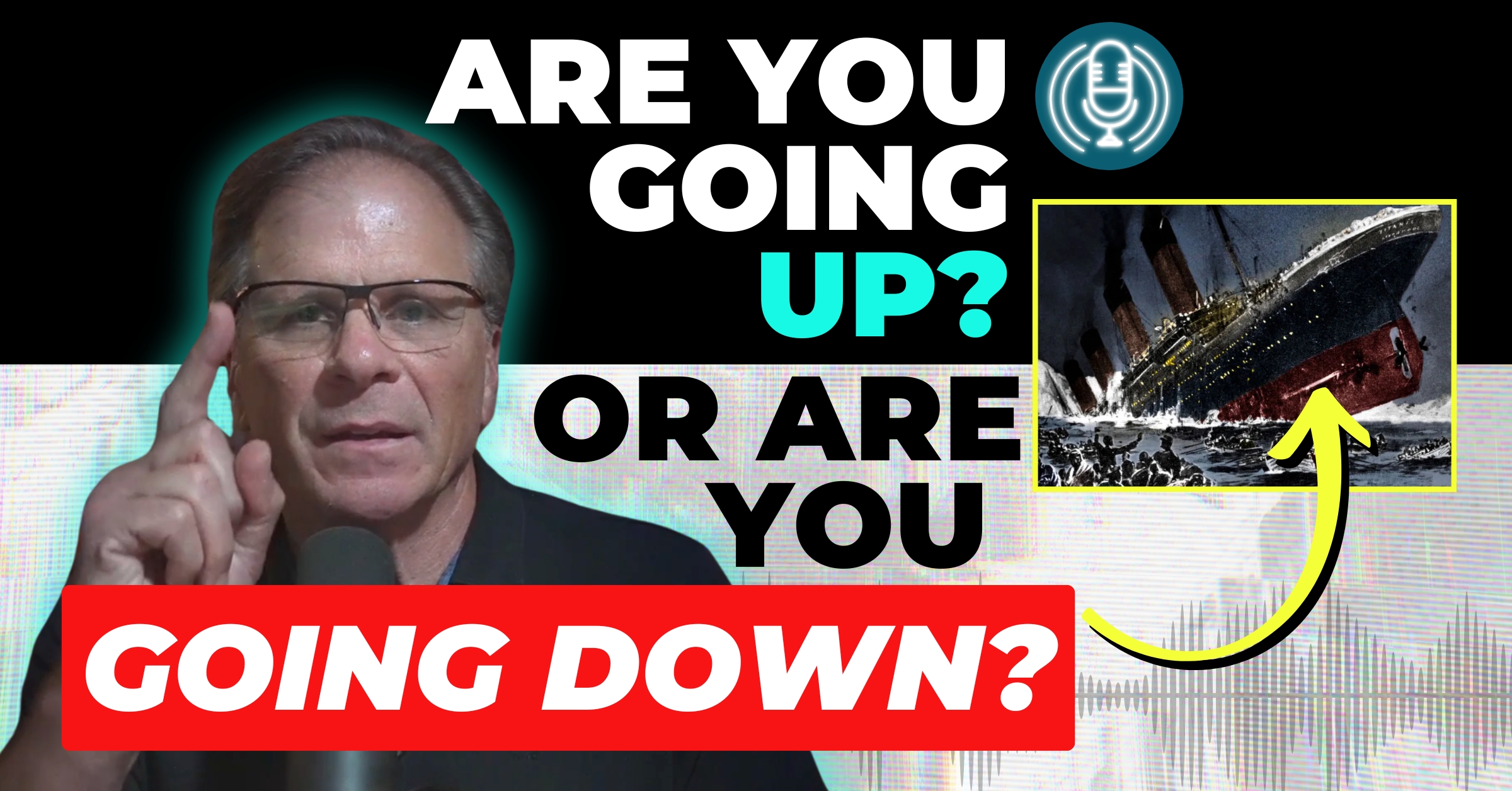By Josh Klein
The Four Horsemen of atheism stormed the cultural, philosophical, and spiritual scene in the early 21st Century. Their dogmatic atheistic positions (or even anti-theist depending on who you talked to) were immediately popularized.
The late Christopher Hitchens, Richard Dawkins, Daniel Dennett and Sam Harris comprised the crew. They rode their vitriol for religious thought smack into the mainstream, seeking, for what felt like the first time, to proselytize religious folk into converting to atheism. These men were dubbed “The New Atheists” by popular culture and seemed to take the world by storm, often denigrating their opponents as stupid and backwards.
Myth believing simpletons.
Richard Dawkins’ book, The God Delusion, sent ripples throughout Christianity and the religious mainstream as his caricature of God as the “flying spaghetti monster” made the world laugh at and ridicule Christianity, and other faiths, as ignorant at best and malevolent at worst. Daniel Dennett’s take on consciousness sought to wrest away the epistemic belief that religion alone could explain consciousness as a reality going so far as to indicate consciousness is but an illusion, and the late Christopher Hitchens’ work, God is Not Great, sought to expose religion as a poison for the masses that results in horrific abuses of power and violence. But all of these men did not make the waves that seemingly even-handed Sam Harris did.
Sam Harris, with his quiet and unassuming persona, engaged in discussions differently than his cohorts. Hitchens would engage in sophistry and sarcasm, Dawkins with loathsome denigration, and Dennett with condescension. Sam Harris was different. I found the tone of the other three off-putting and their arguments either humorous but unconvincing or intellectual but dull. However, Harris had a way about him that appealed to me. I believe it was his unwavering commitment to objective morality and the honest way he evaluated differing religions that drew me to him. Harris has been honest in his complimenting of what he believes to be Christianity’s positives while simultaneously holding Christians’ feet to the reasonable fire.[1]
I found his style winsome, even if his words were not, and his reasoning levelheaded and unemotive. He was, in a word, convincing. His seminal work, The Moral Landscape, sought to deal with a substantial problem in the atheistic realm. Without God as a moral standard bearer are we left with moral subjectivism?[2] And if so, who is to say that the Nazi’s were, indeed, evil? Or that murder is unjust? The moral argument for the existence of God remains one of the more powerful arguments in favor of theism[3] but Sam rightly understood that embracing moral subjectivism was untenable for the reasonable man, and thus, an effort at advancing objective moral values based on atheism was born. For Sam, a moral landscape could be (he might say ought to be) laid using scientific reason, rationality, and, as he puts it, facts.
“Controversies about human values are controversies about which science officially has no opinion. I will argue, however, that questions about values – about meanings, morality, and life’s larger purpose – are really questions about the well-being of conscious creatures. Values, therefore, translate into facts that can be scientifically understood: regarding positive and negative social emotions, retributive impulses, the effects of specific laws and social institutions on human relationships, the neurophysiology of happiness and suffering, etc.”[4]
Sam’s commitment to objective moral values based on scientific facts intrigued me, and his book laid out what seemed to be a plausible explanation of objective morality. That is, until the reasoning was challenged. Upon further investigation one finds that Sam often smuggles in assumptions about human flourishing to make his argument palatable. While Sam addresses the what of morality he can never quite get to an honest why, as his discussion with Jordan Peterson revealed only a few years ago.[5] What are these objective moral values? Well, they are whatever Sam says they are. Certainly, they could not be grounded in Nazism or Islam. However, one could certainly argue (and both do) that both Nazis and Muslims believe they seek to contribute to the natural flourishing of humanity. Without realizing it, Sam has hitched his wagon to moral relativism by virtue of the fact that scientific facts do not adequately explain human flourishing.
It should come as no surprise that Harris, admittedly on the left end of the political spectrum and extremely vocal opponent of Donald Trump, said this concerning the 2020 Election cycle’s silencing of the Hunter Biden laptop story:
“[It was] a left-wing conspiracy to deny the presidency to Donald Trump. Absolutely it was. Absolutely, But I think it was warranted.”[6]
When pressed by the hosts of the podcast on his statement, one of which had a problem with the idea that a conspiracy ought to be used to deny office to any political candidate, Sam Harris doubled down, likening the conspiracy to that of a room full of scientists getting together to knock an asteroid off a collision course with earth. Some might be stunned that Sam would say such a thing, considering his distaste for subjectivism. In full consideration of his work, however, it is perfectly clear that he feels it necessary to be the arbiter of what is and is not objectively moral. To say it another way, Sam Harris, to himself, is a god.
Sam Harris is a coherent communicator, but his positions are often in conflict. His embrace of objective morality as an atheist is admirable but his assertion that free will is illusory is cumbersome to the argument and seems to stand diametrically opposed to it. If free will is illusory, then how are any agents morally culpable for their actions and how does objective morality fit in? Harris insists that the two are not at odds, but his insistence struggles to hold up to scrutiny. Alone, his arguments seem consistent. Combined, they often run directly at odds with one another. One cannot live life according to the philosophy espoused by Harris in a consistent manner, which is why Sam often indicates that living within the illusion is necessary.
It is in this manner that Sam is both the most and least effective new atheist. Take, for instance, Sam’s openness to the multi-verse theory:
“This is my candidate for the strangest idea that is still scientifically plausible.”[7]
In fairness to Sam, he does not himself espouse the multi-verse there but he seems interestingly open to the idea from a metaphysical perspective. Which, to me, makes his statements concerning the idea of heaven even more perplexing:
As I said on twitter, I used to like Sam Harris. I thought his critiques of Christianity were necessary (even if flawed) and that he was willing to dialogue about faith instead of simply debating it, but Harris has a nasty habit of building theologically ridiculous straw men only to knock them down with a smirk as if he’s accomplished something.
Whether Sam believes it or not, heaven (God’s dwelling place), has never (in the mainstream of the Christian faith) been understood to be in outer space. This critique of the theology of Heaven is meant to denigrate his intellectual opponents as just as ignorant as Grecian theologians believing in a literal Mount Olympus.
This has not been the orthodox understanding of the heavenly realm for millennia, if ever. As Randy Alcorn states:
“The present, intermediate Heaven is in the angelic realm, distinctly separate from Earth.”
Randy is not making this up out of thin air. Though we do silly Sunday School depictions of heaven in the clouds or speak of heaven in human terms as “above” us, this is not reminiscent of the real theology. There is no biblical or theological position that indicates heaven is physically in outer space where telescopes can see. This is not Thor.
One might say, “Sam Harris is a naturalist so he is presupposing that if a heaven exists then it must be in outer space where we could see it.” But this argument fails for two reasons. The first is that when engaging with a religion’s theology you must engage with their intended meaning to a have a meaningful debate. For instance, if I were to debate with a Muslim the nature of Allah, I cannot smuggle in my understanding of the Trinity to define Allah. If I apply my own view of the divine onto Allah then I have done a disservice to the conversation. Sam must interact, not with what he thinks heaven would be if it exists, he must interact with what Christians say that heaven is. He can deny its existence (just as I would with Allah) but he cannot do so based on false premises.
The second reason this defense fails is because of Sam’s already soft position on the multi-verse. If one can see the multi-verse as plausible then how can one so glibly dismiss a heavenly realm as impossible and ascribe the characteristics of this realm to that one? Sam would not do a believer in the multi-verse the disservice of this uncharitable presupposition concerning other universes and so, he does not need to do this disservice to the arguments for heaven either.
Scripture teaches that the current heaven is a place in the angelic realm. This is true in both the Old and New Testaments. Isaiah 6, 2 Kings 6, Daniel 10:20 and John 18:36 all indicate such. More specifically, the martyrdom of Stephen indicates a linking of the realms as well.
In Acts. 7:56, as Stephen is being stoned, he says, “Behold, I see the heavens opened up and the Son of Man standing at the right hand of God” (NASB). In Daniel 10, Acts 7, and Acts 9 we notice a phenomenon about the current heavenly realm. It can be revealed to specific individuals and hidden from others. Which means, the realm, though physically and spiritually in existence, stands outside our concept of this physical plane.
When Jesus ascends in Acts 1:9 there are many that might say Jesus ascended into heaven. This might mean the physical sky! But it doesn’t. A careful reading of the passage at hand will notice that the writer says, “And after He had said these things, He was lifted up while they were looking on, and a cloud received Him out of their sight.” This brings back imagery of Isaiah 6 and the glory of God.
In all these instances, the angelic/heavenly realm is not indicated to be in the stars themselves. Sam’s treatment of the matter was shallow and misrepresents, or misunderstands, the Christian doctrine of heaven. In scripture there are two heavens, one represents the sky and stars (the heavens) the other, the angelic realm. The delineations are clear and obvious to even the casual observer. Sam’s unevenness in handling this topic undermines his credibility as a good actor on the philosophical stage and highlights the arrogance of his atheistic belief. In this short interview Sam reveals why his objective morality without God is nonsense and why is objections to Christian theology, in particular, are often not in good faith. And thus, his credibility stands on shaky ground.
Footnotes
[1] https://www.samharris.org/blog/reply-to-a-christian
[2] https://freethinkingministries.com/the-moral-argument-a-short-dialectic/
[3] https://freethinkingministries.com/an-ignorant-objection-to-the-moral-argument-for-gods-existence/
[4] Harris, Sam. “Introduction.” The Moral Landscape: How Science Can Determine Human Values, Free Press, New York, 2010, pp. 2–2.
[5] https://www.youtube.com/watch?v=jey_CzIOfYE
[6] https://nypost.com/2022/08/19/sam-harris-defends-silencing-the-post-on-hunter-biden/
[7] https://www.samharris.org/blog/the-multiverse-you-you-you-you
Recommended resources related to the topic:
Stealing From God by Dr. Frank Turek (Book, 10-Part DVD Set, STUDENT Study Guide, TEACHER Study Guide)
What is God Like? Look to the Heavens by Dr. Frank Turek (DVD and Mp4)
_____________________________________________________________________________________________________________________________________________________
Josh Klein is a Pastor from Omaha, Nebraska with over a decade of ministry experience. He graduated with an MDiv from Sioux Falls Seminary and spends his spare time reading and engaging with current and past theological and cultural issues. He has been married for 12 years to Sharalee Klein and they have three young children.
Original Blog Source: https://bit.ly/3BGu6lb









